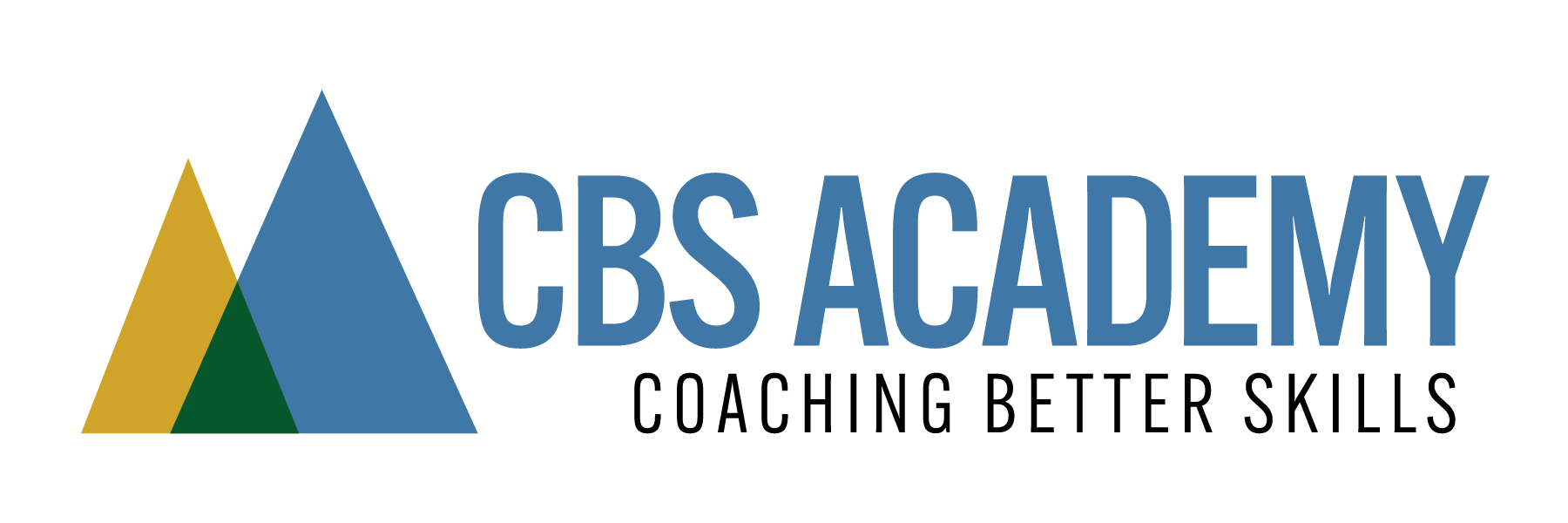MOS COACHING TIP
Have a Singular Focus Monthly
Write your awesome label here.
In our training, one of the biggest pushbacks we receive is on a singular focus when so many things may need improvement. In development, it is important to identify the first skill of focus, which may not be what you think is most important. As leaders, we have multiple priorities, and many things may be “important” and need immediate attention. This does not translate well to development, as a “fix everything now” approach often fails quickly. Why is that? Because development takes training and practice. You must teach a skill and allow the agent to practice the skill. If you teach multiple skills, you are asking the agent to prioritize which one they think is best to work on first, which may be the one they find the easiest, and this may not be the one that gives you the improvement you seek.
Thus, we use a “Development Ladder,” which prioritizes the skills based on what needs to be fixed first before you can move to the next step of the ladder. These skills correlate to the metrics. As leaders, we must understand that if an agent is struggling in their performance, we, as leaders, must diagnose the cause and create a plan. For example, if an agent struggles with Promises to Pay, Promises Kept, and Average Dollars, we can’t expect the agent to improve all three areas in one month. In the same realm, we can’t expect an agent to work on all the skills under these three different areas simultaneously. Leaders are responsible for identifying the main first skill of focus and creating a plan based on the agent’s ability to improve that skill. The plan may take a few months if the focus is Promises to Pay, for example, and the agent struggles with Avoiding Early Termination, Bridging, and Asking Relevant Questions.
In summary, diagnosing skill behavior entails listening to multiple calls and discussing these calls with the agent. Let the agent self-assess and listen to their struggle. Ask questions to know if specific situations are challenging and build your training around those situations. Another way to remember this tip is that you have to train each skill if you want the agent to improve. Thus. Having a singular skill focus helps you teach, track improvements, and create your next plan of focus.
GET HINTS AND TIPS TO HELP YOUR COMPANY SUCCEED.
SUBSCRIBE TO OUR NEWSLETTER.
Thank you!
GET IN TOUCH
-
PO Box 1866
Draper, UT 84020 -
info@cbsacademy.us
-
+1 (801) 448 7148
COPYRIGHT © 2025
